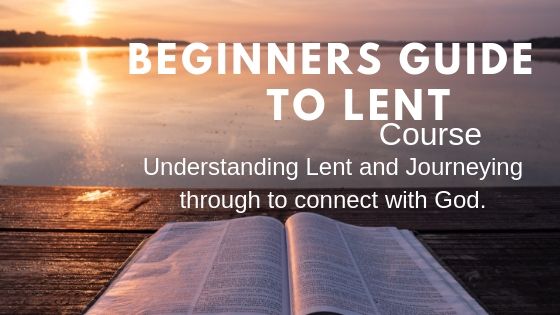Journaling can help with better bible engagement. Journaling has so many benefits to the individual. I also believe that it can have benefits to help us engage the Scripture for our personal growth.
 Here are two reasons why journaling helps in bible engagement. Perhaps there are more, but let me give you my top two.
Here are two reasons why journaling helps in bible engagement. Perhaps there are more, but let me give you my top two.
1. A place to process our thoughts
Generally, a journal can be used to process one’s daily or weekly life. Why not do that with your Bible reading? For example, let’s say you are sitting on a passage for a week. Perhaps you will write down the one sentence or idea that seem to stick out for you each day, asking why and what the Spirit may be saying to you. Generally, journaling can be used to simply process what you are reading in order that you may abide in God’s word.
2. A place to track what you are studying.
For example, I was trying to spend some extra time reflecting on the Second Coming of Jesus. I had a small book, where every time I read something around this topic, I would write in it. In there was everything from thoughts from bible passages I was reading, and other books’ reflections on the topic. This provided a place for me to go back to, and help in my reflection and study.
So how do we do it? How do we use journaling to help have better bible engagement?
How to use a journal for deeper bible engagement:
a. Write down the address of the passage you will be reading. For example John 1:1-5.
b. As you read the passage write out a verse(s) or word(s) that stick out.
c. Write down what you think the passage is speaking about.
d. Why did you write the certain passage or word from part b? What is it about that verse?
Start today using a journal to develop and engage scripture for your spiritual formation.




